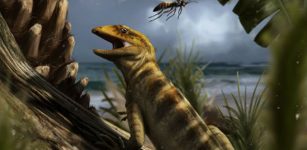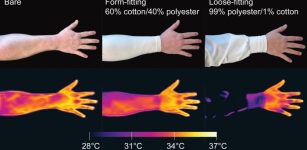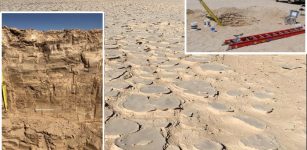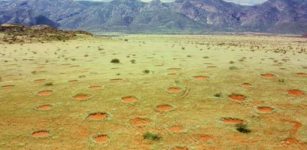Dinosaurs Were Not In Decline When The Asteroid Hit The Earth – Study
Eddie Gonzales Jr. – MessageToEagle.com – Dinosaurs were not in decline before the asteroid hit, according to a new study from the University of Bath and Natural History Museum.
The researchers say that had the impact not happened, dinosaurs might have continued to dominate the Earth.
However, it is still contentious amongst paleobiologists as to whether dinosaurs were declining in diversity at the time of their extinction.
Researchers collected a set of different dinosaur family trees and used statistical modeling to assess if each of the main dinosaur groups was still able to produce new species at this time.
They found that dinosaurs were not in decline before the asteroid hit, contradicting some previous studies.
“Previous studies done by others have used various methods to draw the conclusion that dinosaurs would have died out anyway, as they were in decline towards the end of the Cretaceous period,” said Joe Bonsor, first author of the study, is undertaking his Ph.D. jointly at the Milner Centre for Evolution at the University of Bath and the Natural History Museum.
“However, we show that if you expand the dataset to include more recent dinosaur family trees and a broader set of dinosaur types, the results don’t actually all point to this conclusion—in fact only about half of them do.”
It is difficult to assess the diversity of dinosaurs due to gaps in the fossil record. This can be due to factors such as which bones are preserved as fossils, how accessible the fossils are in the rock to allow them to be found, and the locations where paleontologists search for them.
The researchers used statistical methods to overcome these sampling biases, looking at the rates of speciation of dinosaur families rather than simply counting the number of species belonging to the family.
“The main point of our paper is that it isn’t as simple as looking at a few trees and making a decision,” Bonsor said.
The large unavoidable biases in the fossil record and lack of data can often show a decline in species, but this may not be a reflection of the reality at the time.
“Our data don’t currently show they were in decline, in fact some groups such as hadrosaurs and ceratopsians were thriving and there’s no evidence to suggest they would have died out 66 million years ago had the extinction event not happened.”
Whilst mammal existed at the time of the asteroid hit, it was only due to the extinction of the dinosaurs that led to the niches being vacated, allowing mammals to fill them and later dominate the planet.
Written by Eddie Gonzales Jr. – MessageToEagle.com Staff

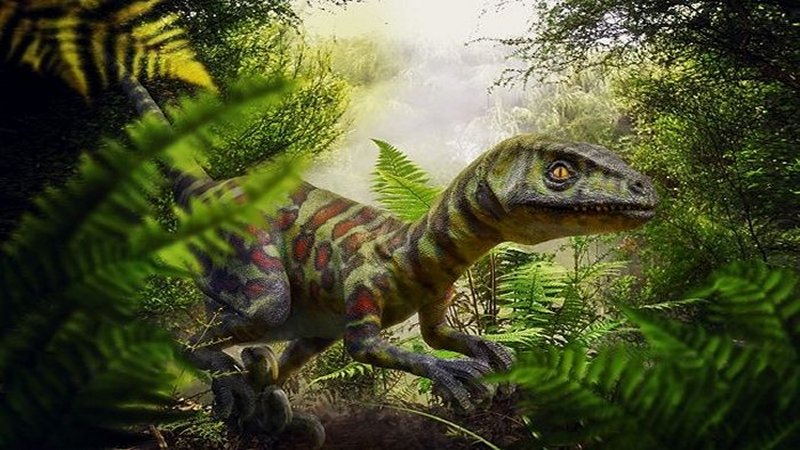 Dinosaurs were not in decline when the asteroid hit the Earth. Image credit: yahoo.com
Dinosaurs were not in decline when the asteroid hit the Earth. Image credit: yahoo.com
